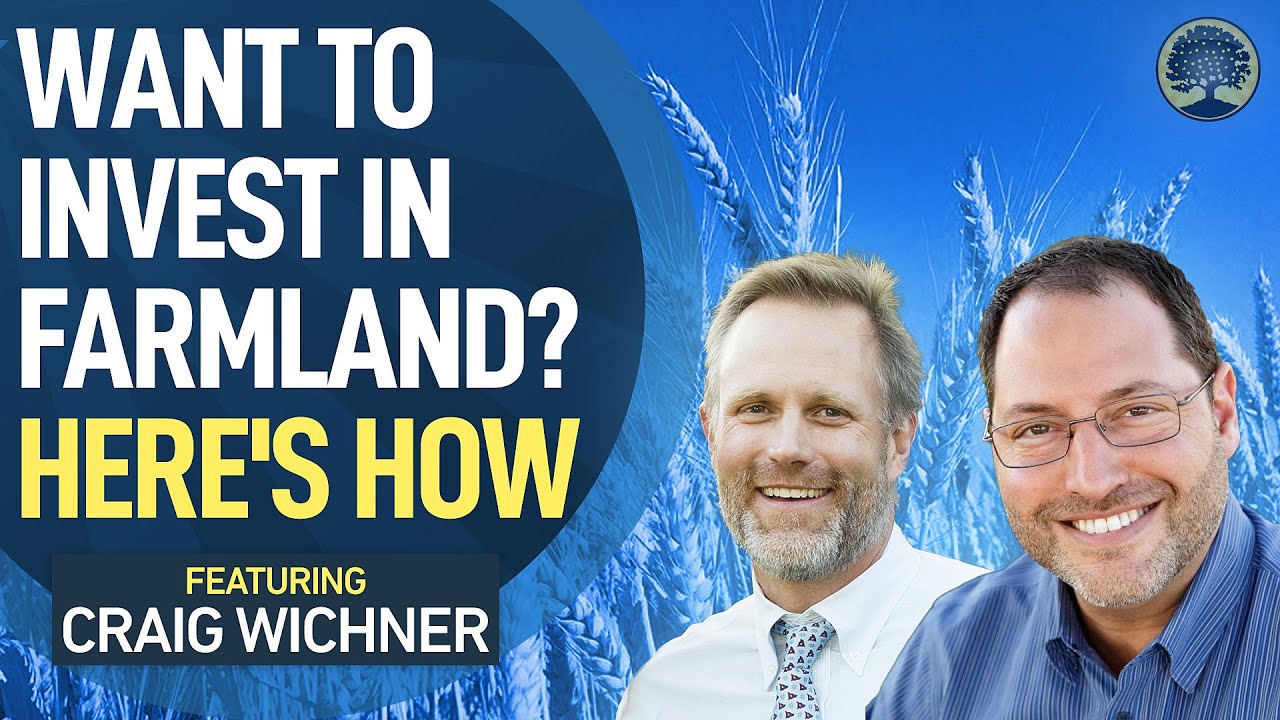Farmland is a “holy grail” asset class for many investors.
It’s tangible, produces income, and has inherent underlying value – making it a great inflation hedge.
It’s supply constrained. Mother Nature isn’t making any more of it --and in total, farm acreage around the world is being lost to development, drought, etc.
Historically it’s an asset class that produces double-digit annual returns while remaining largely uncorrelated with the stock market, making it a valuable component for portfolio diversification.
And even better, it offers the chance to do well by doing good. There are increasing opportunities to convert poorly-managed conventional farmland to organic status through sustainable practices AND command much higher profits in the process. Smart farmers are now able to create superior business while healing the soil at the same time.
So, how can you get access to this attractive asset class?
Farmland investor Craig Wichner, Managing Director of Farmland LP, explains how in this week’s Market Update. He also details out the growing number of ways regular investors like you can purchase farmland and benefit from its many attributes without having to actually become a farmer yourself.
Which is why Craig agrees that now, more than ever, is the time to partner with a financial advisor who understands the nature of the market risks in play as well as the opportunities that farmland offers in a diversified portfolio to defend against them, can craft an appropriate portfolio strategy for you given your needs, and apply sound risk management protection where appropriate:
Anyone interested in scheduling a free consultation and portfolio review with Mike Preston and John Llodra and their team at New Harbor Financial can do so by clicking here. And if you're one of the many readers brand new to Peak Prosperity over the past few months, we strongly urge you get your financial situation in order in parallel with your ongoing physical resilience preparations.
We recommend you do so in partnership with a professional financial advisor who understands the macro risks to the market that we discuss on this website. If you’ve already got one, great.
But if not, consider talking to the team at New Harbor. We’ve set up this ‘free consultation’ relationship with them to help folks exactly like you.
Prefer to listen offline?:
